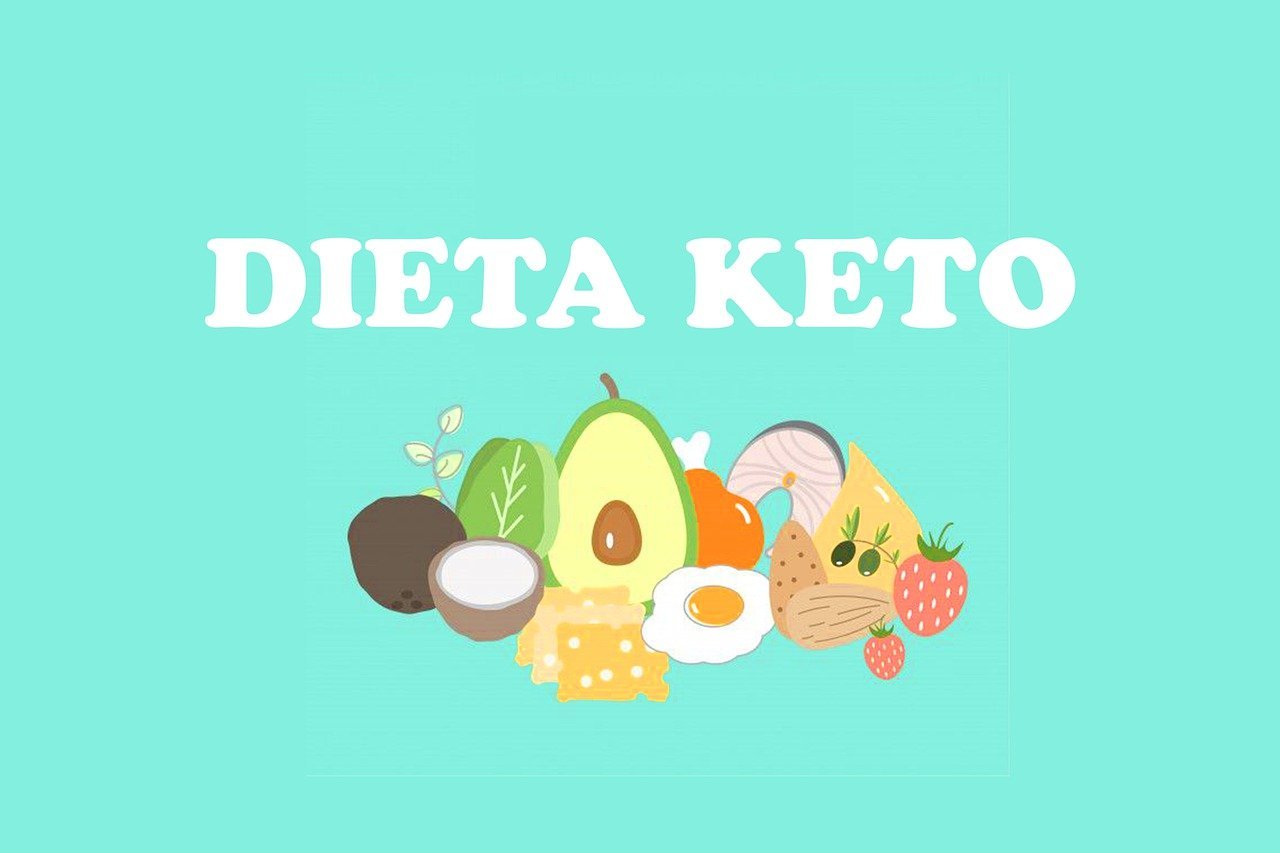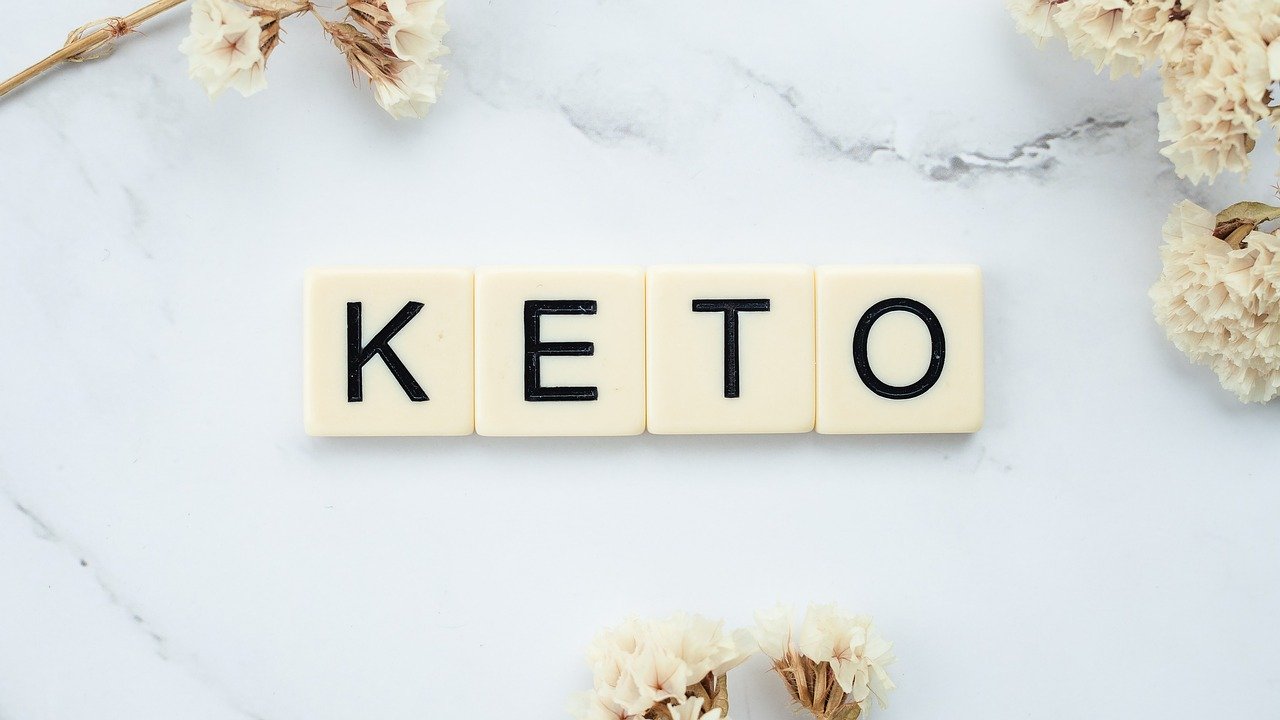
By Admin On 14-01-2025 at 7:53 am
The Science Behind Ketosis: How It Transforms Your Body
The ketogenic diet has gained significant attention for its ability to transform the body by promoting fat burning and improving metabolic health. At the core of this diet lies ketosis, a natural metabolic state with profound effects on energy production and overall well-being. Let’s dive into the science behind ketosis and how it transforms your body.
What Is Ketosis?
Ketosis occurs when your body shifts from using carbohydrates as its primary energy source to burning fat for fuel. This process is triggered by a significant reduction in carbohydrate intake, typically below 50 grams per day, which depletes glycogen stores in the liver and muscles. In response, the liver begins producing molecules called ketones, derived from fatty acids, to serve as an alternative energy source for the brain, muscles, and other tissues.
The Mechanisms of Ketosis
Depletion of Glycogen Stores
When carbohydrate intake is reduced, glycogen (the stored form of glucose) in the liver and muscles is used up for energy. Once these reserves are depleted, the body turns to fat for fuel.Production of Ketones
The liver breaks down fatty acids into ketone bodies: beta-hydroxybutyrate (BHB), acetoacetate, and acetone. These ketones enter the bloodstream and are transported to cells where they are used as an efficient energy source.Fat Oxidation
Ketosis enhances the body’s ability to oxidize fat, leading to increased fat burning and a reduction in body fat over time.
How Ketosis Transforms Your Body
Enhanced Fat Burning
By switching to fat as the primary energy source, ketosis promotes fat loss while preserving lean muscle mass. This is particularly beneficial for individuals aiming to lose weight or improve body composition.Steady Energy Levels
Unlike glucose, which causes spikes and crashes in blood sugar levels, ketones provide a steady and sustained energy supply. Many people report improved focus, mental clarity, and reduced fatigue while in ketosis.Improved Insulin Sensitivity
Ketosis helps stabilize blood sugar levels and improve insulin sensitivity, making it an effective dietary strategy for managing type 2 diabetes and metabolic syndrome.Reduced Inflammation
Ketones have anti-inflammatory properties, which can help reduce chronic inflammation and support overall health.Appetite Regulation
Ketosis often leads to reduced hunger and cravings, as ketones influence hormones like ghrelin and leptin, which regulate appetite. This natural appetite suppression can make it easier to adhere to the diet.Potential Therapeutic Benefits
Ketosis has been used therapeutically to manage conditions such as epilepsy, Alzheimer’s disease, and certain cancers. Research suggests that ketones provide neuroprotective benefits and may enhance brain function.
How to Achieve Ketosis
Reduce Carbohydrates: Limit carb intake to 20-50 grams per day.
Increase Healthy Fats: Incorporate sources like avocados, nuts, seeds, and olive oil.
Moderate Protein Intake: Avoid overconsumption of protein, as it can disrupt ketosis.
Stay Hydrated: Drink plenty of water and replenish electrolytes.
Exercise Regularly: Physical activity can help deplete glycogen stores faster, accelerating the onset of ketosis.
Is Ketosis Right for You?
While ketosis offers numerous benefits, it’s not suitable for everyone. Individuals with certain medical conditions or dietary restrictions should consult a healthcare professional before starting a ketogenic diet. Understanding your body’s unique needs is essential for determining if ketosis aligns with your health goals.
Ketosis is more than just a state of fat burning; it’s a metabolic transformation that can enhance energy levels, improve mental clarity, and support overall health. By understanding the science behind ketosis, you can unlock its potential and embark on a journey toward a healthier, more vibrant you.

Author
Share on:
Related posts

16-05-2024
Top 5 Mistakes to Avoid on a Keto Diet

